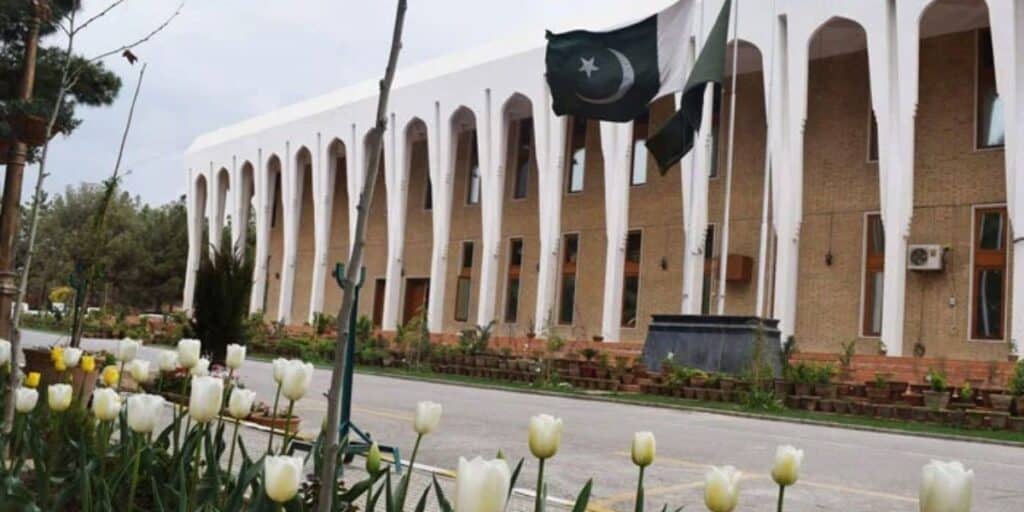Quetta: The Balochistan High Court has dismissed constitutional petitions filed against the recent census and delimitation process in Quetta, directing the Election Commission of Pakistan (ECP) to conduct local government elections in the city without further delay.
The court ruled that the authority for delimitation constitutionally lies within the jurisdiction of the Election Commission and not the judiciary.
In its remarks, the court stated that no evidence was presented proving that any voter had been deprived of their right to vote.
The bench noted that the petitioners also failed to file proper objections against the delimitations.
A two-member bench, comprising Justice Iqbal Ahmed Kasi and Justice Najamuddin Mengal, announced the verdict on three petitions related to local government elections.
The court emphasized that the power and balance of the vote form the foundation of every electoral system.
It further observed that interference in the delimitation process does not fall within the court’s domain and rejected the arguments challenging delimitations based on the 2017 census.
The High Court instructed the Election Commission to ensure completion of the electoral process in accordance with the law.
Local body elections in Balochistan have historically faced delays, administrative challenges, and political controversies.
The last major local government elections were held in 2022 after an eight-year gap, as the previous elections had taken place in 2014 under the Local Government Act of 2010.
The 2022 elections were conducted in two phases, covering 32 districts in the first phase and Quetta along with Lasbela in the second.
These elections marked an important step toward decentralization, allowing elected representatives to address local issues such as infrastructure, water supply, and education.
However, the process was marred by legal disputes over delimitations, incomplete voter lists, and inadequate preparations by the Election Commission.
ALSO READ: Balochistan LG by-elections to be held tomorrow
Despite these challenges, the elections helped revive local governance in Balochistan, though many local councils continued to face financial and administrative constraints that limited their effectiveness in delivering services to citizens.





